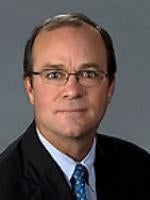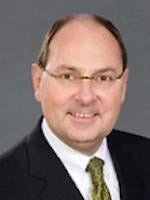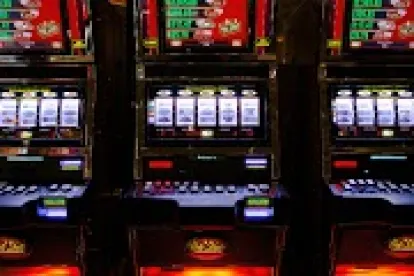Senator Del Marsh, who served as president pro tem of the Alabama Senate 2010–2020, introduced on February 9, 2021, SB214, a bill proposing an amendment to the Alabama Constitution (the CA). The CA proposes comprehensive authorization of gaming, including a lottery, five casinos, and sports wagering. It also authorizes and encourages Governor Kay Ivey to enter into a compact with the Poarch Band of Creek Indians (the Poarch) to permit class III casino-style gaming at its three existing bingo facilities in Alabama. If adopted by a three-fifths vote of each of the Alabama House and Senate, the CA will be placed on the November 2022 ballot and must receive ratification by a majority of the voters in that election. If it is ratified, the legislature would meet in a special session on the fourth Tuesday after the election to implement the CA, including the adoption of enabling laws for a Gaming Commission created by the CA that will set parameters for the commission to regulate the covered locations, lottery games, and sports wagering.
The Alabama Legislature’s 2021 regular session began on February 2 and is allotted 30 session days that must be completed within 105 calendar days. The CA was introduced on the fourth legislative day and was assigned to the Senate Tourism Committee, which passed it out of committee unanimously on February 10. The legislature will recess the week of February 15 to assess its COVID-19 protocols, and it is anticipated that Senator March will seek to permit full debate on the CA prior to attempting to pass it through the Senate when the session resumes on February 23.
Historically, gaming proposals for statewide lotteries have met with greater legislative support than have proposals for class III gaming. One of the stickier issues with casinos is the number and location of them. Alabama’s historic pari-mutuel facilities in Jefferson, Macon, Greene, and Mobile counties have always been considered the logical locations for such casinos, as they already have the facilities available, and particularly at Victoryland and Greenetrack, charity bingo operations have been conducted off and on for a number of years in a casino-like environment. These have been highly controversial, and the Supreme Court of Alabama has repeatedly declared them to be illegal slot machines and upheld law enforcement’s seizure of the machines. But these venues have persisted nonetheless and continue to operate. Legislators from other areas of the state — some are areas that also have smaller charity bingo operations — have resisted legislation that did not provide even the possibility of a location within their legislative district. In addition, the Poarch and other bingo operators in Alabama have never reached agreement on legislation for class III gaming that would include a compact to permit the Poarch to also expand their operations beyond bingo machines.
It appears some of these obstacles have been overcome by Senator Marsh. We understand the existing pari-mutuel facilities and the Poarch have worked out their differences and support the CA which would allow them to conduct class III gaming. In addition, a fifth location in North Alabama is proposed for Jackson or DeKalb County. Thus, counting the three Poarch sites, a total of eight casinos would exist and positively impact a significant number of legislative districts. But there will still be resistance from some influential legislators to casinos generally, and there still remains the issue of the “turf battle” from legislators who believe their legislative districts have been unfairly ignored. Senator Marsh has stated he is open to the idea of two additional casino locations to be chosen by the Gaming Commission, but it remains to be seen whether that will appease concerned legislators.
The sports wagering issue could also be controversial. The CA permits each of the proposed casinos to contract with up to three online sports books — which would be separately licensed but linked to the covered location — that would allow for mobile sports betting within the geographic boundaries of the state. It is unclear whether the large sports wagering entities are on board with this approach.
The CA specifies where the tax revenue generated would flow, with lottery revenue primarily to fund college scholarships, and casino revenue from licensing and a 20% tax going primarily to the general fund for expansion of broadband internet. The Legislative Fiscal Office is projecting lottery revenue to generate $194 million to $279 million annually and casino revenue $260 million to $393 million annually from the 20% tax on gaming revenues. The license fees for each casino would vary for each location, with Jefferson County’s set at $100 million for a 30-year term down to $5 million for each of Greenetrack and Mobile for a 10-year term.




 />i
/>i
